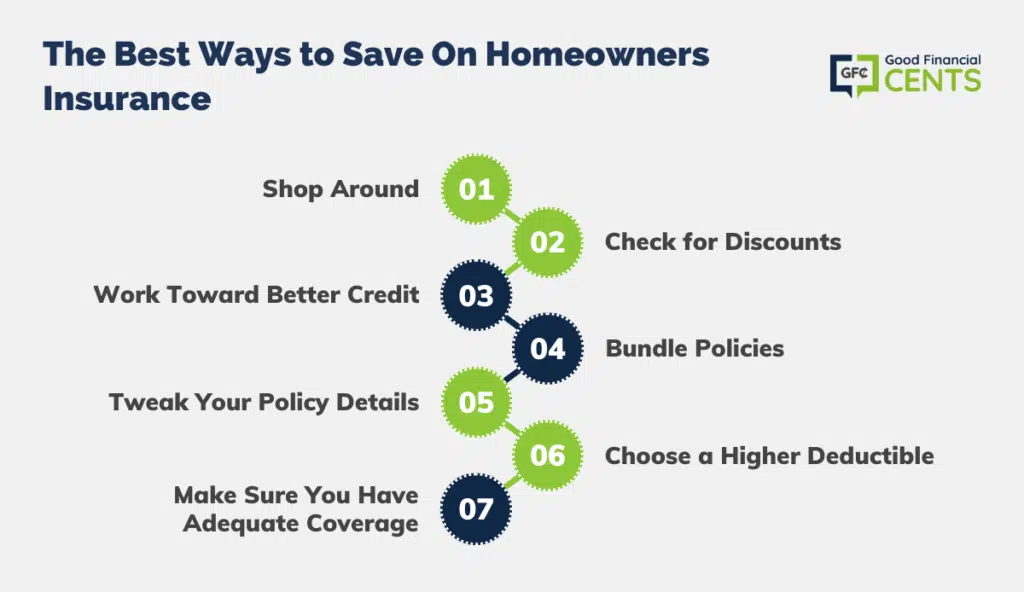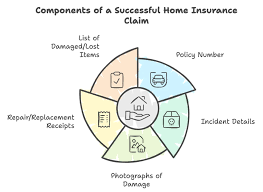Basic Home Insurance Quotes: Guide to Coverage, Costs, and Tips. Home insurance is essential for homeowners looking to protect their property and finances. A basic home insurance quote provides an estimate of how much you’ll pay for coverage, including protection against damages, liability, and loss of personal belongings. Understanding the elements of a home insurance quote can help you make an informed decision when choosing the right policy.
What is a Basic Home Insurance Quote?
A basic home insurance quote is an estimate provided by insurance companies based on several factors, such as the home’s location, size, condition, and coverage options. It outlines the potential premium costs and the extent of protection offered.
Key Components of a Home Insurance Quote:
- Dwelling Coverage: Protects the structure of your home against covered perils.
- Personal Property Coverage: Covers belongings like furniture, electronics, and clothing.
- Liability Protection: Provides coverage if someone is injured on your property.
- Additional Living Expenses (ALE): Helps cover temporary housing costs if your home becomes uninhabitable due to covered damage.
- Deductible: The amount you pay out-of-pocket before insurance kicks in.
Factors That Affect Basic Home Insurance Quotes
Several factors influence the cost of home insurance premiums. Understanding these can help you lower your costs and find the best coverage.
- Location: Homes in high-risk areas (e.g., flood or hurricane zones) tend to have higher premiums.
- Home Value & Replacement Cost: More expensive homes cost more to insure.
- Age & Condition of Home: Older homes may require more repairs, increasing insurance costs.
- Security Features: Homes with security systems, smoke alarms, and deadbolts may qualify for discounts.
- Claims History: A history of multiple claims can result in higher premiums.
- Credit Score: Insurers often consider credit history when calculating premiums.
- Deductible Amount: A higher deductible typically results in lower monthly premiums.
- Coverage Limits: Higher coverage limits mean higher premiums but more protection.
- Bundling Policies: Combining home and auto insurance can lower costs.
- Fire Protection Services: Proximity to a fire station can impact your quote.
How to Get the Best Basic Home Insurance Quotes
1. Compare Multiple Quotes
Shopping around and comparing at least three different insurance providers can help you find the best deal.
2. Understand Coverage Needs
Assess your home’s value and potential risks to determine how much coverage you need.
3. Improve Home Security
Installing security systems and fire alarms can qualify you for discounts.
4. Opt for a Higher Deductible
Choosing a higher deductible can reduce your premium costs.
5. Check for Discounts
Many insurers offer discounts for bundling policies, having a good credit score, or being claim-free.
6. Maintain a Good Credit Score
A higher credit score can lead to lower home insurance rates.
7. Review Policy Annually
Your insurance needs may change, so reviewing your policy each year can help you optimize costs.
8. Bundle Home and Auto Insurance
Many insurers offer discounts when you bundle home and auto insurance policies.
9. Ask About Loyalty Discounts
Some insurers offer discounts for long-term customers.
10. Work with an Independent Agent
An independent insurance agent can help you compare quotes and find the best policy for your needs.
10 Common FAQs About Basic Home Insurance Quotes
1. What is included in a basic home insurance policy?
A basic policy typically covers dwelling, personal property, liability, and additional living expenses.
2. How is my home insurance premium calculated?
It depends on location, home value, age, security features, claims history, and coverage limits.
3. Can I lower my home insurance premium?
Yes, by increasing your deductible, improving security, and bundling policies.
4. Does home insurance cover natural disasters?
Standard policies cover some natural disasters but may exclude floods and earthquakes, requiring separate policies.
5. How often should I review my home insurance policy?
It’s best to review your policy annually to ensure you have adequate coverage.
6. What happens if I don’t have home insurance?
Without insurance, you may have to pay out-of-pocket for damages or liability claims.
7. Is home insurance required by law?
No, but mortgage lenders usually require homeowners insurance.
8. What’s the difference between replacement cost and actual cash value?
Replacement cost covers the full cost of rebuilding, while actual cash value factors in depreciation.
9. Can I change my home insurance provider?
Yes, you can switch providers anytime, but check for cancellation fees.
10. Does home insurance cover water damage?
It depends on the source—sudden leaks may be covered, but gradual damage or floods typically aren’t.
Conclusion
A basic home insurance quote helps homeowners estimate their insurance costs and coverage options. By understanding what factors affect insurance premiums and taking steps to lower costs, you can find the right policy that protects your home and finances.
When shopping for home insurance, comparing multiple quotes, improving home security, and bundling policies can lead to significant savings. Make sure to review your policy annually to ensure you have the best coverage for your needs. Home insurance is an investment in financial security, offering peace of mind in case of unexpected damages or losses.










